20, Jul 2023
2025-2030: The Decade Of Climate Action And Sustainable Development
2025-2030: The Decade of Climate Action and Sustainable Development
Related Articles: 2025-2030: The Decade of Climate Action and Sustainable Development
- Marvel Cinematic Universe (MCU) Unveils Epic 2025 Movie Slate
- Super Bowl 2025 Tickets: Ticketmaster To Manage Sales
- Super Bowl 2024: A Battle Of Broadcasting Giants
- 2025 Toyota RAV4 Prime: The Ultimate Hybrid SUV
- Interest Rates Prediction For The UK In 2025: A Comprehensive Analysis
Introduction
In this auspicious occasion, we are delighted to delve into the intriguing topic related to 2025-2030: The Decade of Climate Action and Sustainable Development. Let’s weave interesting information and offer fresh perspectives to the readers.
Table of Content
Video about 2025-2030: The Decade of Climate Action and Sustainable Development
2025-2030: The Decade of Climate Action and Sustainable Development
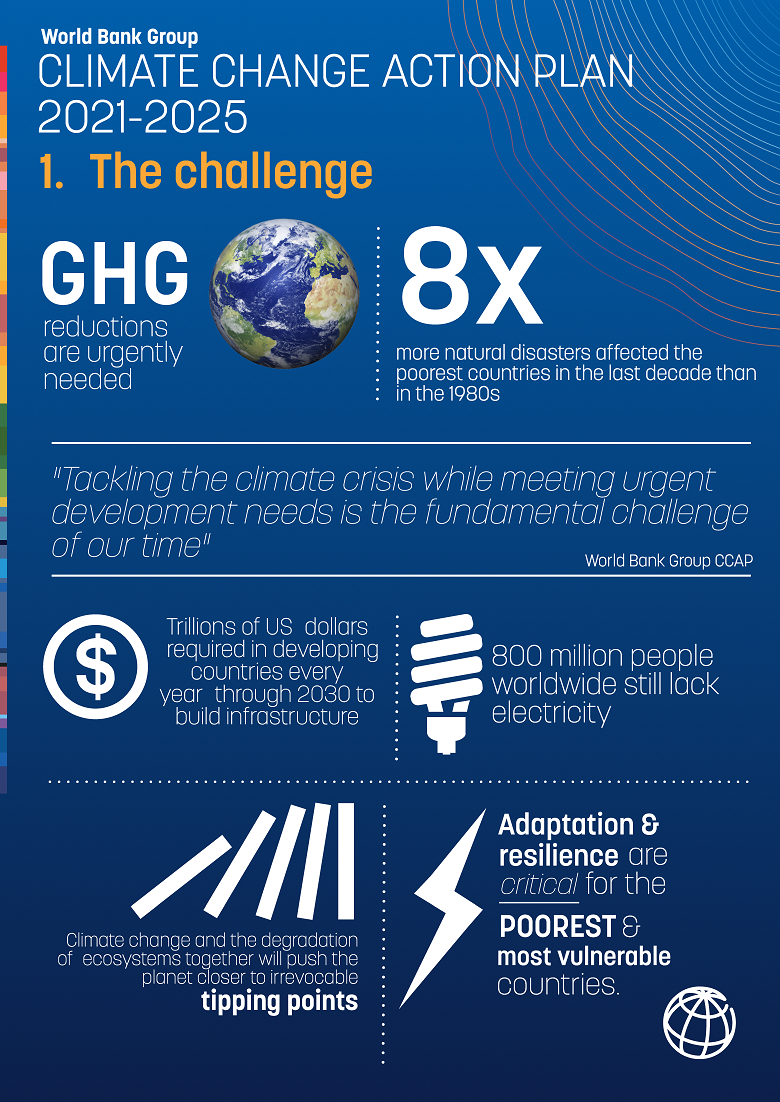
Introduction
The year 2025 marks a pivotal juncture in the global effort to combat climate change and achieve sustainable development. The Paris Agreement, adopted in 2015, set ambitious goals to limit global warming to well below 2 degrees Celsius, preferably to 1.5 degrees Celsius, compared to pre-industrial levels. The 2025-2030 period represents a critical decade for accelerating action towards these targets.
Key Milestones and Targets
- 2025: The global stocktake of the Paris Agreement will assess progress towards meeting its goals and identify areas for further action.
- 2030: The Sustainable Development Goals (SDGs), adopted by the United Nations in 2015, aim to end poverty, protect the planet, and ensure prosperity for all. The 2030 deadline is approaching rapidly, and significant progress is needed to achieve these ambitious goals.
Climate Action
- Emissions Reductions: The Intergovernmental Panel on Climate Change (IPCC) has emphasized the urgent need to reduce greenhouse gas emissions by 45% by 2030 and achieve net-zero emissions by 2050 to limit global warming to 1.5 degrees Celsius.
- Renewable Energy: Scaling up renewable energy sources, such as solar and wind power, is crucial for reducing emissions from the energy sector.
- Energy Efficiency: Improving energy efficiency in buildings, transportation, and industry can significantly reduce energy consumption and emissions.
- Deforestation Reduction: Protecting forests, which act as carbon sinks, is essential for mitigating climate change.
Sustainable Development
- Poverty Eradication: The SDGs aim to eradicate extreme poverty by 2030. This requires investments in education, healthcare, and social protection programs.
- Zero Hunger: Ending hunger and malnutrition is a fundamental goal of the SDGs. Sustainable agricultural practices and food systems are key to achieving this.
- Health and Well-being: Ensuring access to quality healthcare and promoting healthy lifestyles is essential for improving the well-being of populations.
- Education: Access to quality education for all is crucial for empowering individuals and promoting sustainable development.
Climate-Resilient Development
Climate change is already having significant impacts around the world, including more frequent and intense extreme weather events. It is essential to build resilience to these impacts:
- Adaptation Measures: Implementing adaptation measures, such as strengthening infrastructure, improving water management, and developing early warning systems, can reduce the risks posed by climate change.
- Disaster Risk Reduction: Investing in disaster risk reduction measures can save lives and livelihoods when disasters strike.
- Climate-Smart Agriculture: Promoting climate-smart agricultural practices can help farmers adapt to changing climate conditions and reduce their vulnerability to extreme weather events.
Collaboration and Partnerships
Achieving the ambitious goals of the 2025-2030 period requires collaboration and partnerships at all levels:
- International Cooperation: Strengthening international cooperation is essential for sharing knowledge, mobilizing resources, and implementing global solutions.
- Public-Private Partnerships: Engaging the private sector in sustainable development efforts can leverage expertise and resources.
- Civil Society Engagement: Empowering civil society organizations and engaging local communities is crucial for ensuring that sustainable development initiatives are inclusive and responsive to local needs.
Financing for Sustainable Development
Adequate financing is essential for implementing the ambitious agenda for the 2025-2030 period. This includes:
- Public Investment: Governments must prioritize public investments in sustainable development, including clean energy, energy efficiency, and adaptation measures.
- Private Sector Investment: Mobilizing private sector investment in sustainable development projects is crucial for scaling up action.
- International Development Assistance: Developed countries should fulfill their commitments to provide financial assistance to developing countries for climate action and sustainable development.
Conclusion
The 2025-2030 decade is a pivotal period for accelerating action towards climate change mitigation and sustainable development. By setting ambitious targets, investing in key sectors, fostering collaboration, and ensuring adequate financing, we can create a more sustainable, resilient, and equitable world for generations to come. The time for action is now, and the future depends on our collective efforts to make the 2025-2030 decade a transformative period for our planet and its people.

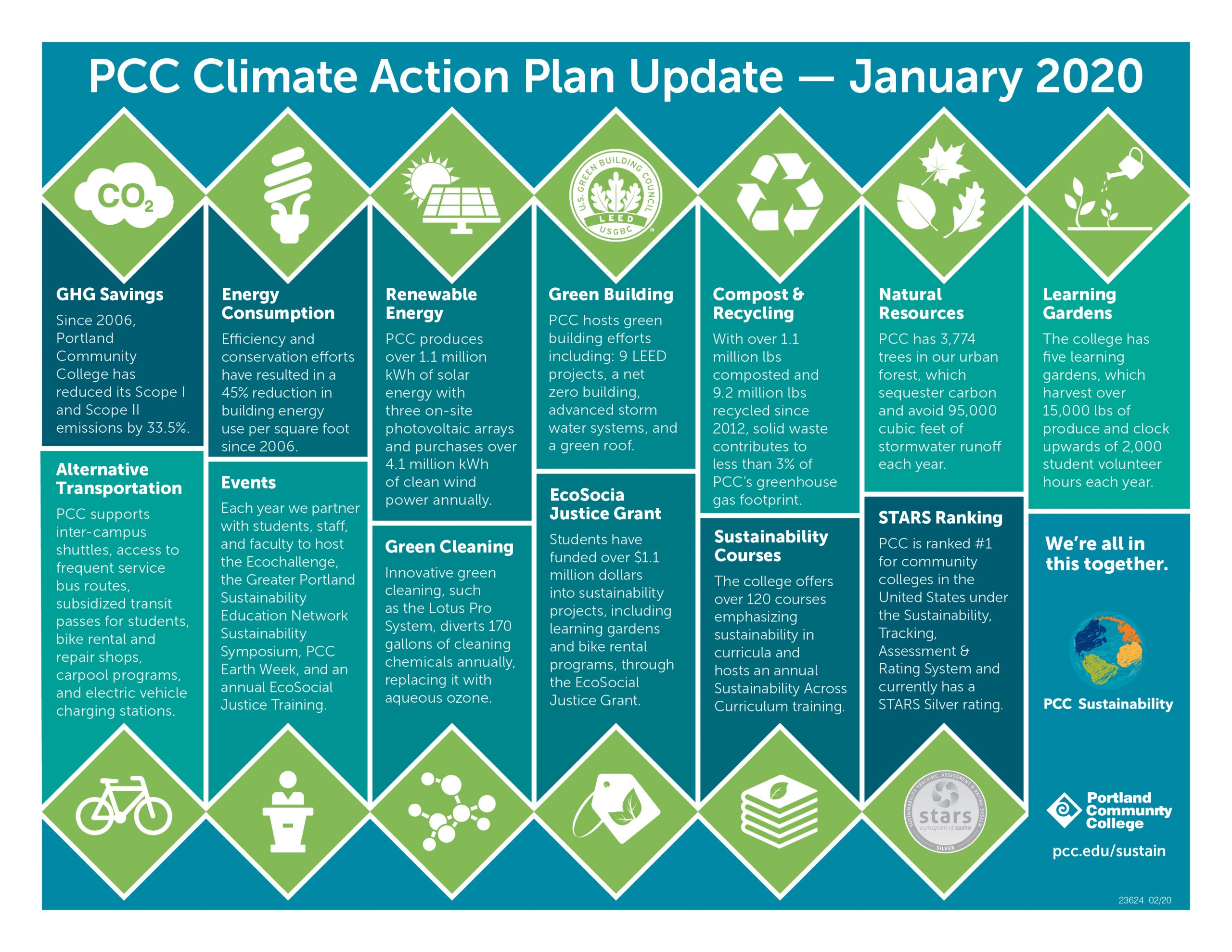

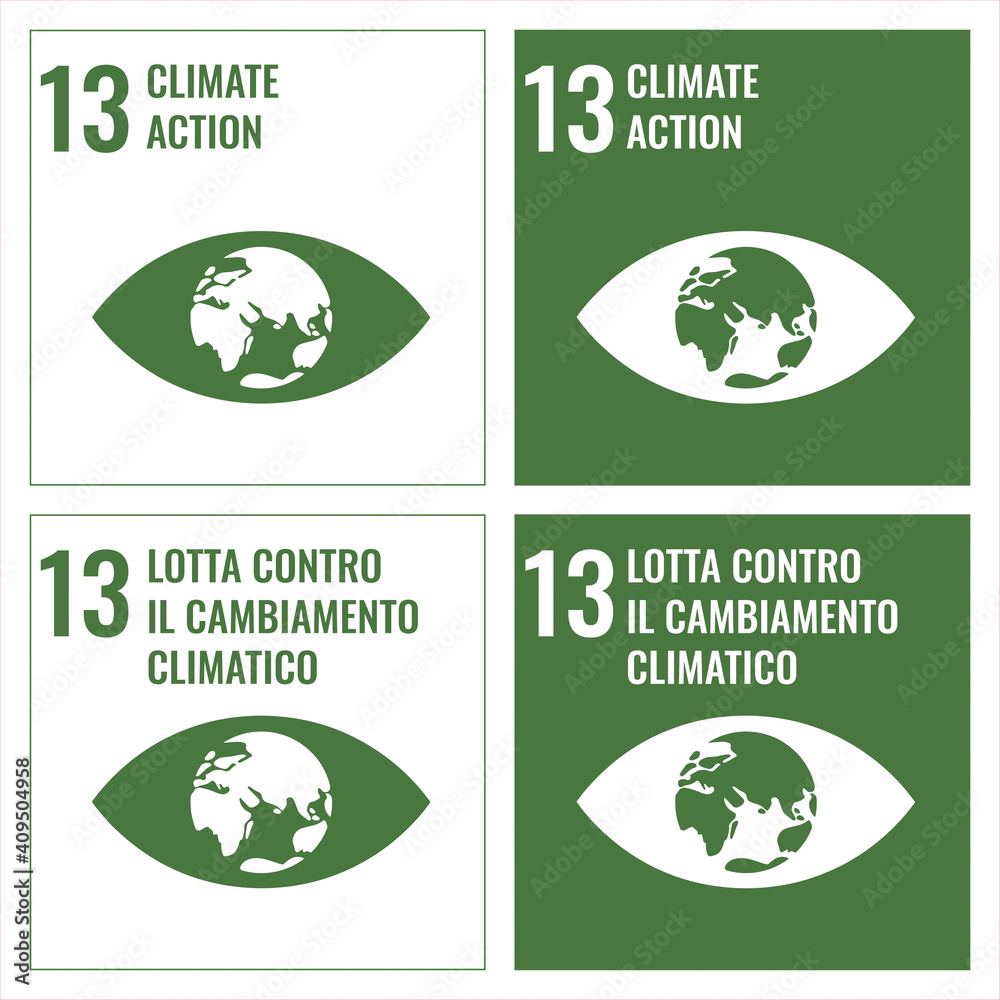
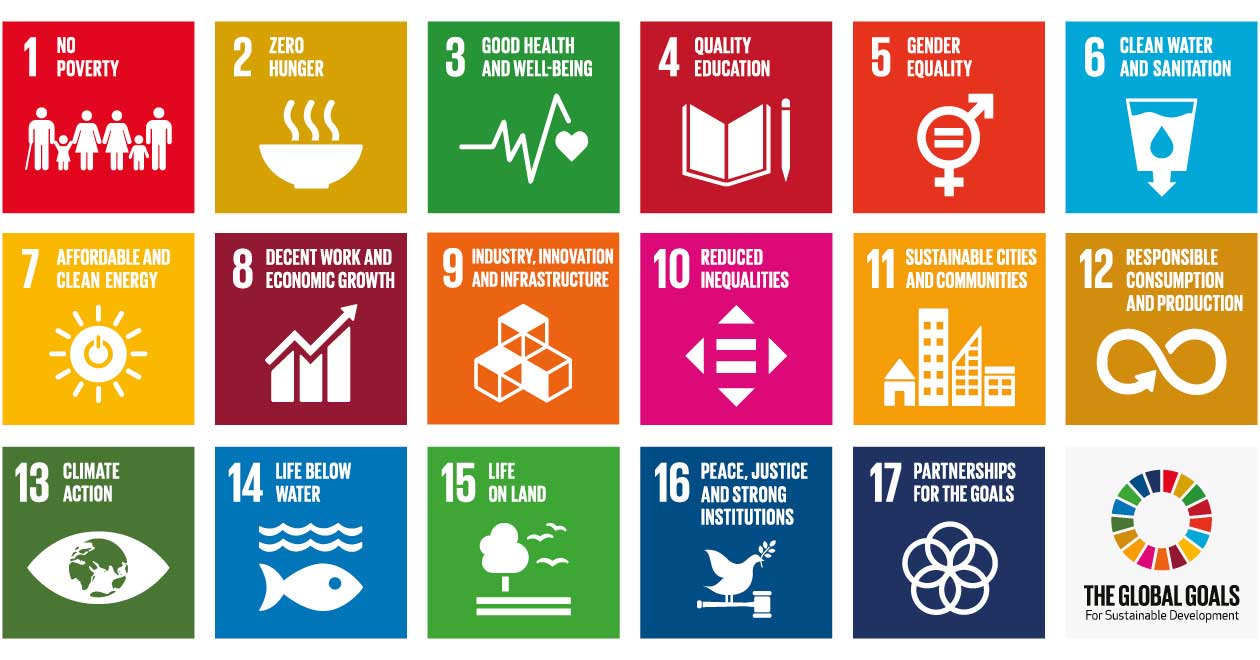
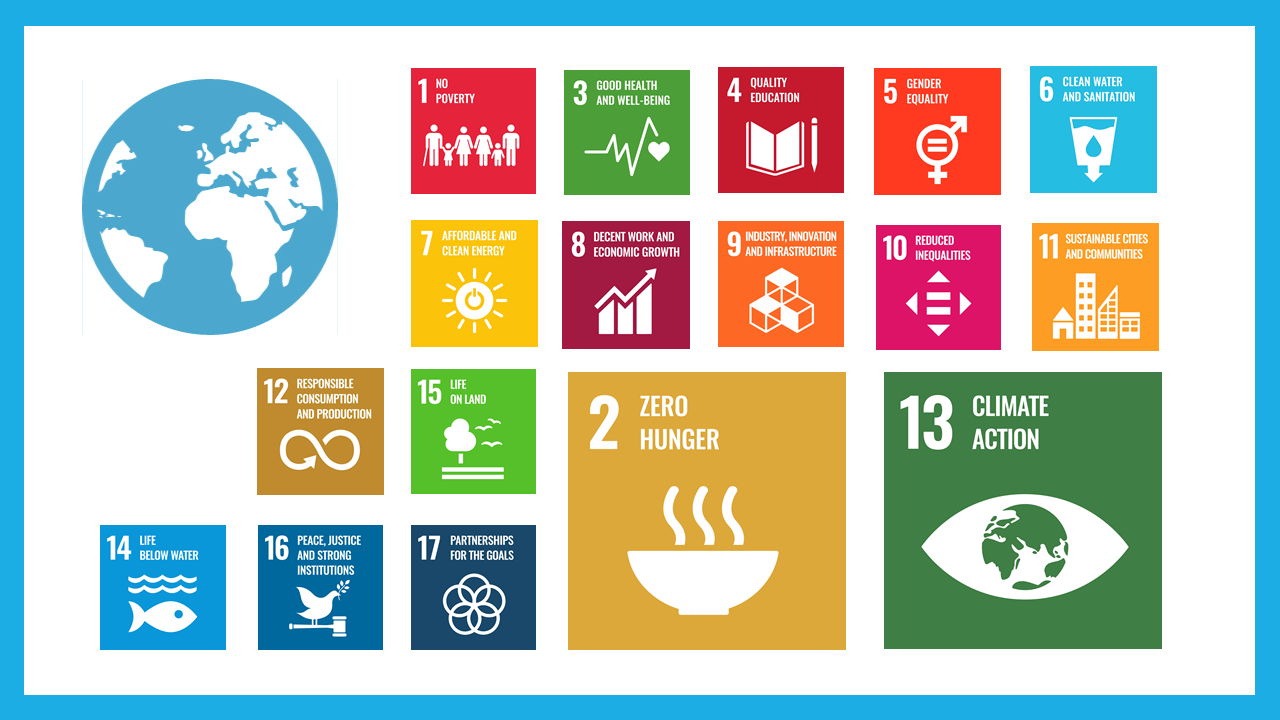
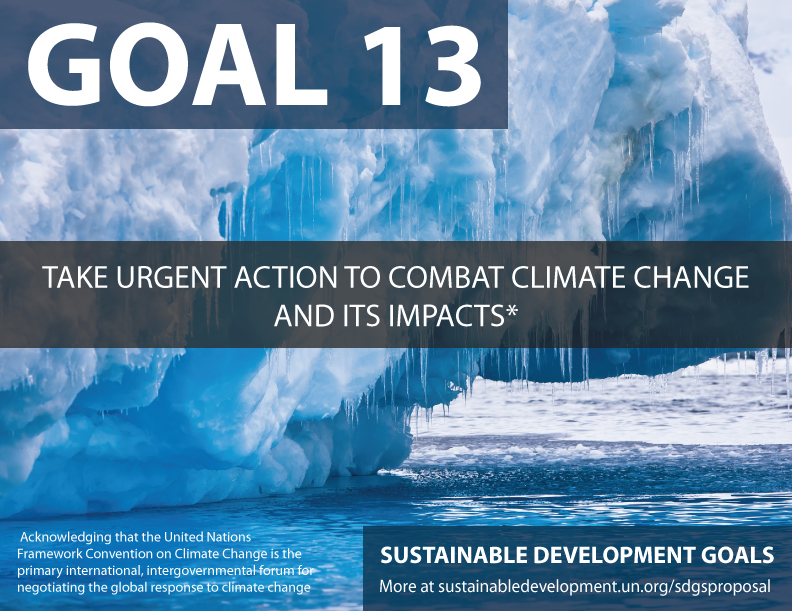
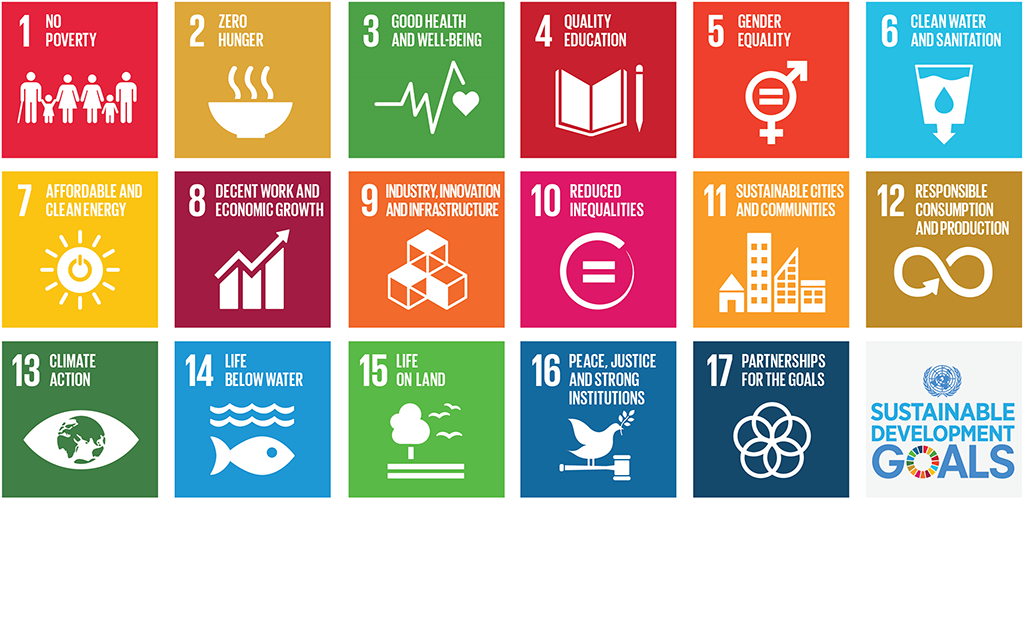
Closure
Thus, we hope this article has provided valuable insights into 2025-2030: The Decade of Climate Action and Sustainable Development. We appreciate your attention to our article. See you in our next article!
- 0
- By admin